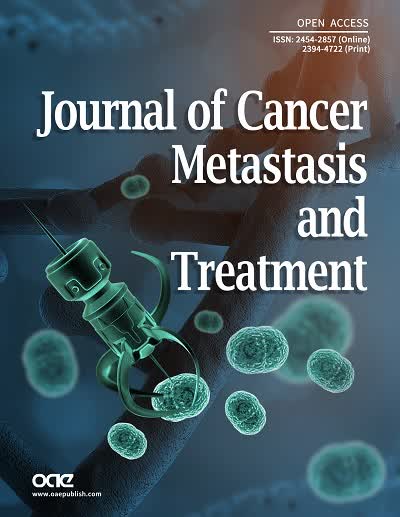Partner's Meeting
Special Issue on “Intra-Tumour Genetic Heterogeneity”
Guest Editors:
 | Luciano G. Martelotto |
| Monash University, Monash Health, Clayton, Victoria, Australia. | |
| Research Field: Cancer genomics, single cell sequening | |
| Email: Luciano.Martelotto@monash.edu (also, lucianomartelotto@gmail.com) | |
| Website: https://research.monash.edu/en/persons/luciano-martelotto |
 | Yi-Hong Zhou |
| University of California, Irvine, Irvine, California, USA. | |
| Research Field: Brain tumor biology, cancer evolution, and cancer therapy | |
| Email: yihongz@uci.edu | |
| Website: https://www.faculty.uci.edu/profile/?facultyId=5760 https://www.researchgate.net/profile/Yi-Hong-Zhou |
Introduction:
Tumour genetic heterogeneity has been documented in human cancers, and there is burgeoning evidence to demonstrate that a large proportion of cancers, at diagnosis, are composed of mosaics of genetically and phenotypically distinct tumor cell populations or "sub-clones". Recent investigations have illustrated the likely biological and clinical impact of intra-tumour heterogeneity on cancer progression, metastasis, and therapeutic response. The characterisation of tumour heterogeneity and sub-clonality is therefore important for furthering our understanding about cancer and for the development of improved and more precise therapeutics.Keywords:
Intra-tumour genetic heterogeneity, single cell sequencing, clonality, bioinformatics, chromosome instability, intra-tumoral heterogeneity, inhibitor of CIN on chromosome mis-segregation/double minute mis-distribution, genetic, metabolic, and tumor-forming functional heterogeneities of tumor cell subpopulations.Why submit to us:
• Rigorous mechanism in peer review: one manuscript must be reviewed by at least two relevant experts. We will endeavour to ensure high standards for the review process and subsequent publication by a team of efficient and professional reviewers and scientific editors.
• No publication fee: there would be absolutely no charge for publication.
• Open Access: As an author you will retain the copyright to your work. By licensing your work under the Creative Commons Attribution License, articles can be re-used and re-distributed without restriction, as long as the original work is correctly cited.
• Wide promotions: Published articles will be promoted at academic conferences, through social networks for scientists and relevant indexing services.
Deadline for Submissions:
31 March 2018Submissions:
Please click here for Author Instructions.
Please click here to submit your paper.
For administrative support and general queries, please contact:
Carrie Wang, Assistant Editor, editorialoffice@jcmtjournal.com







